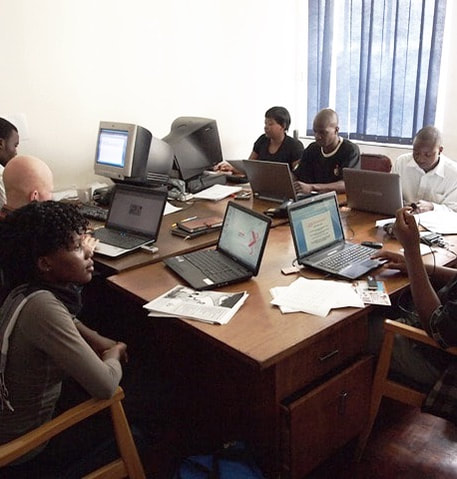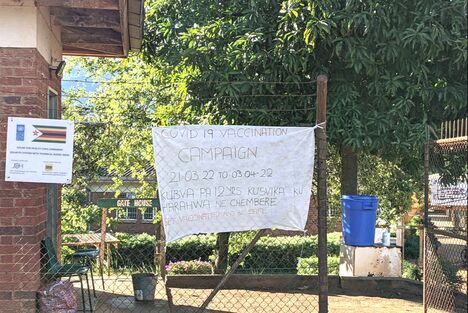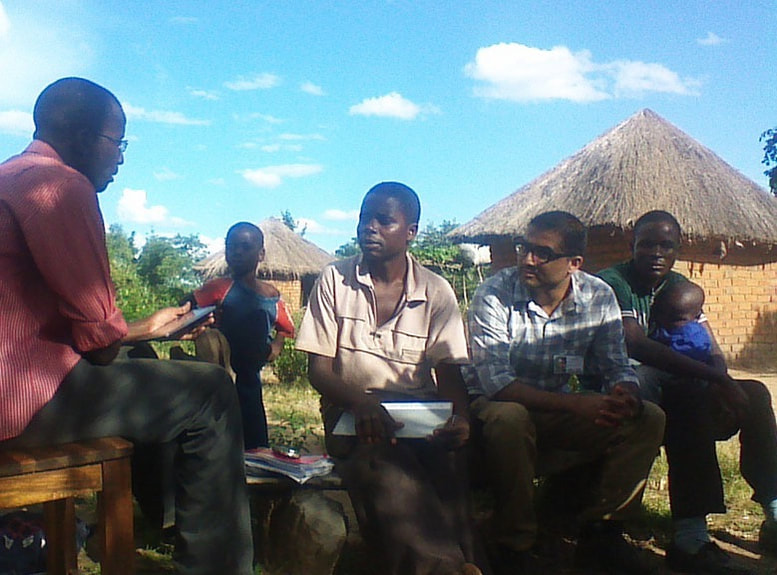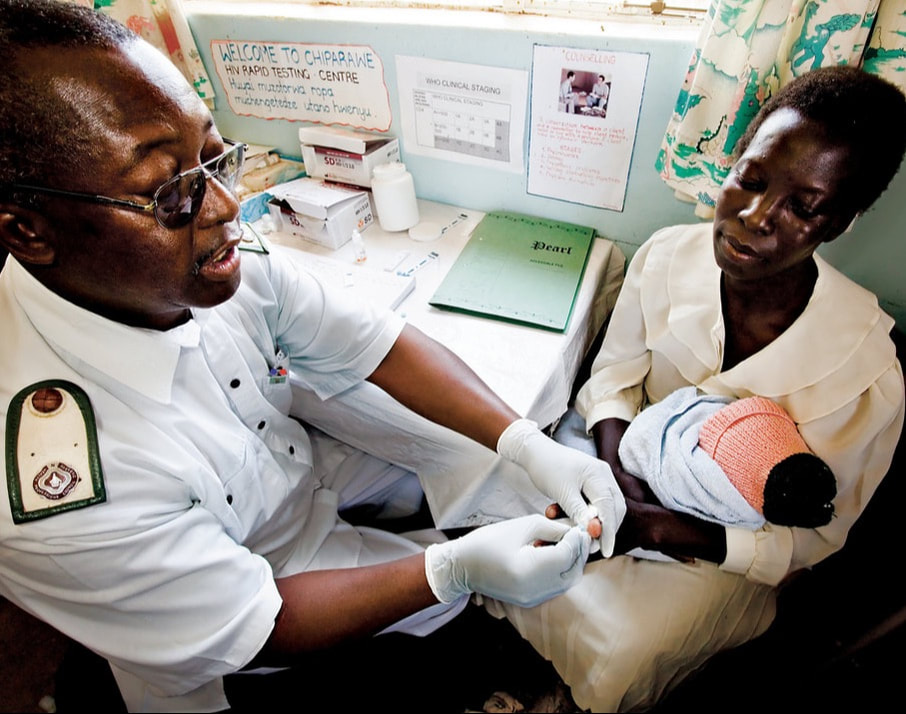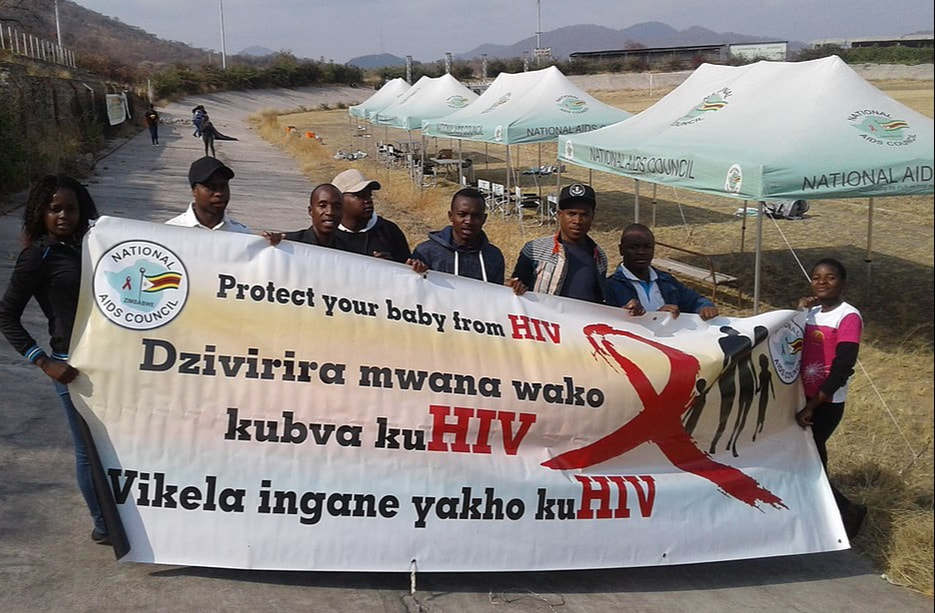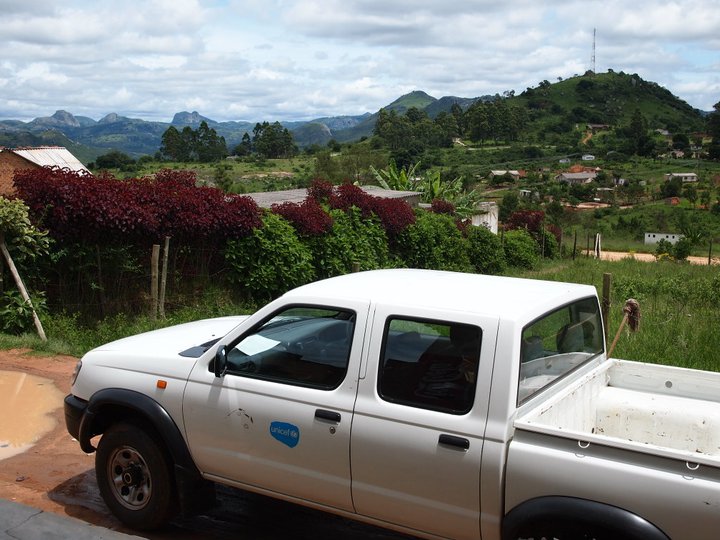The Manicaland Centre is committed to multidisciplinary research that helps us understand and respond to trends in the spread, impact and control of the HIV epidemic in Zimbabwe. Here is a snapshot of current research activities.
Open cohort survey
|
The Manicaland Centre hosts a population-based, open cohort survey investigating the dynamics of HIV transmission and its impact.
Between 1998 and 2013, we collected six rounds of data from adults (15-54 years), from sites representing 4 different socio-economic strata in Zimbabwe. Each round of the survey comprised a census of all households in the study sites, followed by HIV testing and individual interviews with household members. Information have been collected on migration, socio-demographic and socio-economic characteristics, mortality and fertility, children’s orphan status, sexual behaviour (including patterns of community- and individual-level psycho-social determinants of sexual behaviour), knowledge and awareness about HIV and levels of access, uptake and adherence to HIV/AIDS treatment and other services. These activities have been funded primarily by the Wellcome Trust and the Bill and Melinda Gates Foundation. |
HIV prevention cascade
|
Scientifically robust methods are needed for measurement and interpretation of HIV prevention cascades.
In response, the Manicaland Centre, with support from the Bill and Melinda Gates Foundation, is developing improved methods for collecting data in population-based surveys for use in measuring and interpreting HIV prevention cascades for HIV prevention methods for risk groups for which prevention can have the greatest population impact. The project is funded by the Bill and Melinda Gates Foundation. |
Youth HIV Prevention
|
This projects seeks to understand and improve the uptake of HIV prevention methods amongst young people.
The project uses innovative methods from behavioural economics and community psychology to develop new knowledge about how individual knowledge, HIV-related behaviours and social practices work together to influence and impede use of prevention strategies by young women and their male partners. Similar methods will be applied to develop and test new interventions to increase use of HIV prevention methods in these groups; and the potential for such approaches to reduce infections at the population level and to be cost-effective - if they were taken to scale - will be assessed. The project is funded by the National Institutes of Health, United States. |
Rapid HIV testing
|
The Manicaland Centre conducts an in-depth investigation of the causes of misclassification errors by nurse-administered HIV rapid tests
The study compares results from health-worker-administered HIV rapid tests with results from carefully-controlled ELISA tests conducted in a central laboratory. The data will be used to assess the epidemiological and health service impacts of misclassification errors using a mathematical model. Findings will be discussed with key stakeholders to establish acceptability thresholds and quality assurance solutions considered necessary to reduce misclassification errors. The study is funded by the Bill and Melinda Gates Foundation. |
HIV treatment policy implementation
|
How do new HIV policies, like "Test-and-Treat", travel to health facilities and get implemented?
The Manicaland Centre is establishing the key factors that hamper and/or facilitate the implementation of the World Health Organisation and national government guidelines (2016) for patients at three key phases of the HIV treatment cascade (HIV testing, pre-ART care, and ART services). The study evaluates the health facility practices involved in the implementation of treatment policies for patients receiving HIV care. The study is funded by the Wellcome Trust. |
Completed projects
|
Since 1993, the Manicaland Centre has implemented research projects, grounded in and relevant to people in Manicaland.
As demonstrated by our completed projects, we continually adapt and respond to some of the most pressing research questions of the HIV epidemic. For an overview of selected completed projects, click below for more information.
|
